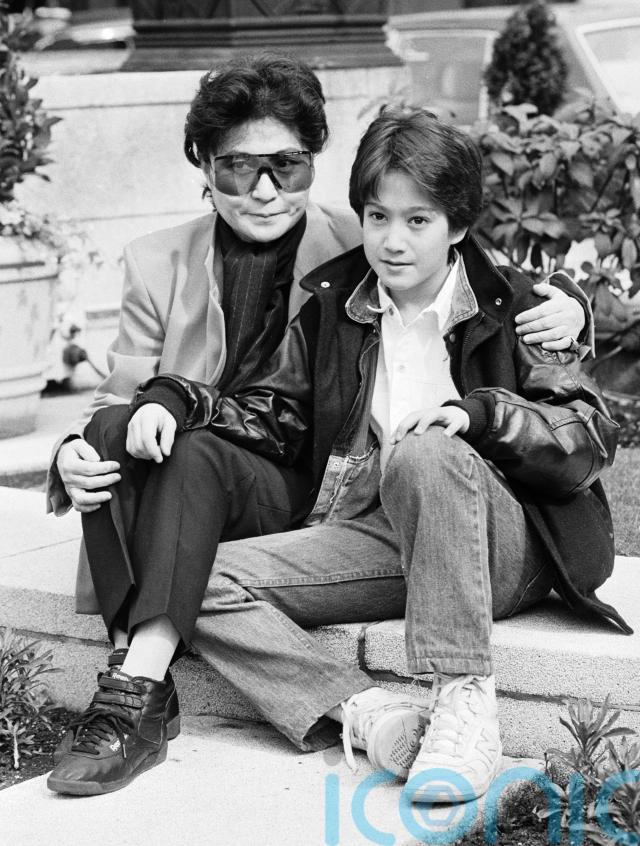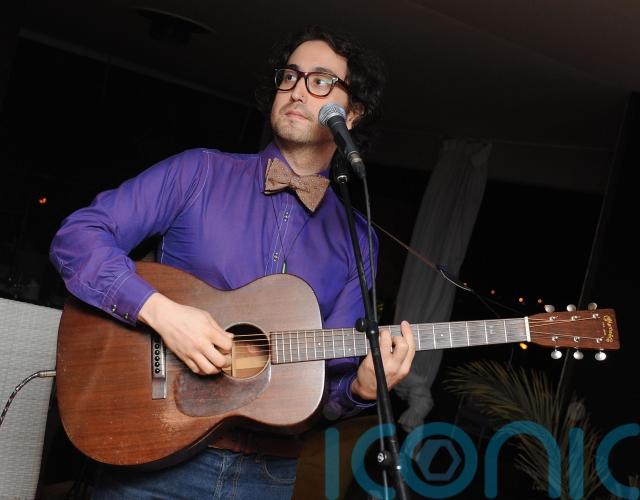
John Lennon “resented having to be a Beatle” in the years after the band split, according to his son Sean Ono Lennon.
Speaking about the time around the One To One concerts in New York in 1972, which Lennon performed with his wife Yoko Ono, their son said: “I don’t feel that he’d fallen out of love with music. I think he’d fallen out of love with a certain kind of fame.
He told BBC Radio 6 Music: “I think he’d fallen out of love with having to be a part of a machinery, of a pop machine, you know.
“I think that was – even though he was always rebellious within that framework – I think that he still resented having to be a Beatle, in a way.
“I think he really wanted to move on from that, you know. I think his relationship with my mum was the catalyst for it and the symbol of it in his mind.”
The 49-year-old, who is also a musician, said his father “wanted to move on and be a radical artist and activist” with Ono.
Ono Lennon was speaking ahead of the release of a new box set, called Power To The People, which features the Madison Square Garden concerts and unreleased tracks from around the time of the 1972 album Some Time In New York City.
He said that during that period his father recorded all his phone calls after becoming worried he was being tapped by the FBI or the US government because of his political activism – recordings which ended up in the documentary One To One: John & Yoko.

Ono Lennon said of the calls: “For me, it was really incredible getting to hear them because they’re so candid, they’re even more candid than an interview, because it’s literally the most intimate thing you can hear, someone’s private phone call.
“So it really feels more than anything like a time machine or a time capsule, where you just get to be a fly on the wall.”
Asked whether his father’s anti-war and social justice activism had changed things, Ono Lennon added: “I do think a lot of what John and Yoko did, and The Beatles, and rock and roll music in the 60s, was very positive for many people.
“It did evolve the consciousness of the planet on some level, but at the same time, you look around and there’s wars everywhere, so one could easily argue, well, the 60s didn’t work or something.

“I think many things were improved, and a lot of the ideas that were espoused by the flower power generation did change people’s minds and consciousnesses and opened up the global consciousness, as it were.
“This is how my mum puts it, she says, ‘you’re either in the peace industry or you’re in the war industry’.”
Lennon and Ono’s best known protest came when they used their honeymoon as a bed-in peace protest at the Amsterdam Hilton Hotel in 1969, before repeating the stunt at the Queen Elizabeth Hotel in Montreal, where Lennon wrote and recorded Give Peace A Chance.
After the break-up of The Beatles in 1970, Lennon released 11 studio albums under his own name, with Ono, and with the Plastic Ono Band.
Lennon was shot and killed by Mark David Chapman in December 1980.
Subscribe or register today to discover more from DonegalLive.ie
Buy the e-paper of the Donegal Democrat, Donegal People's Press, Donegal Post and Inish Times here for instant access to Donegal's premier news titles.
Keep up with the latest news from Donegal with our daily newsletter featuring the most important stories of the day delivered to your inbox every evening at 5pm.